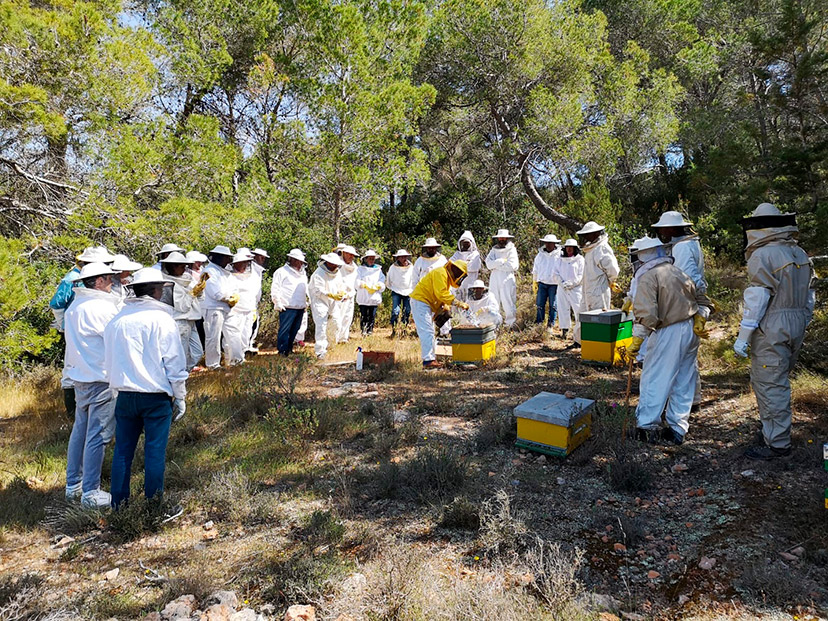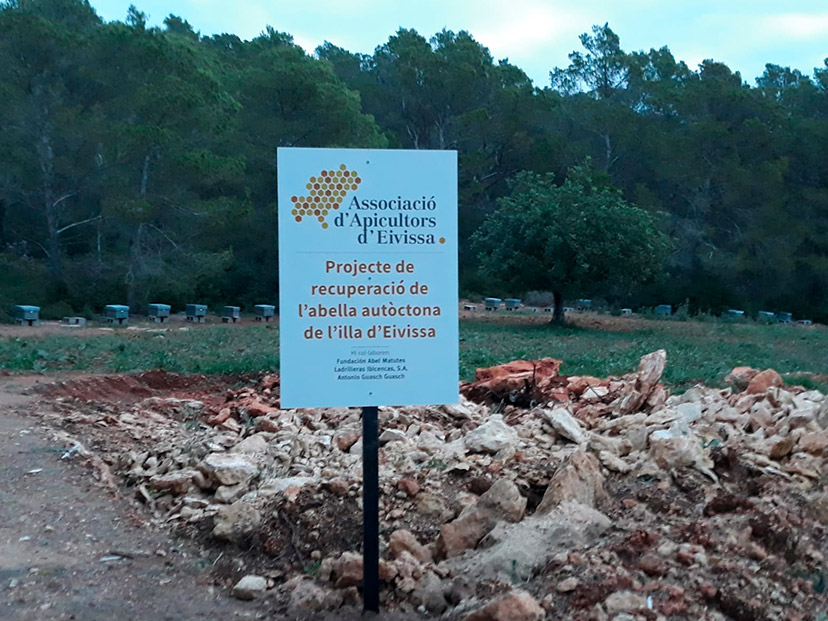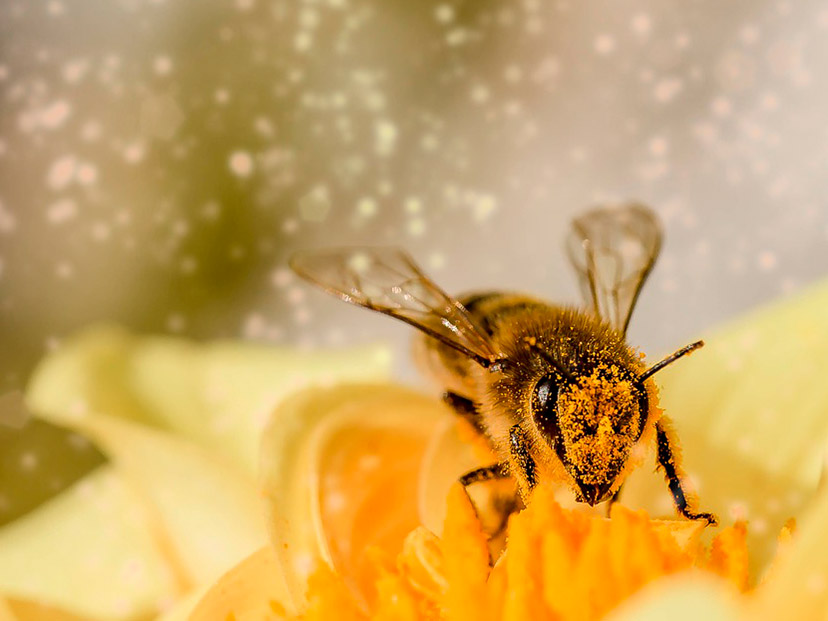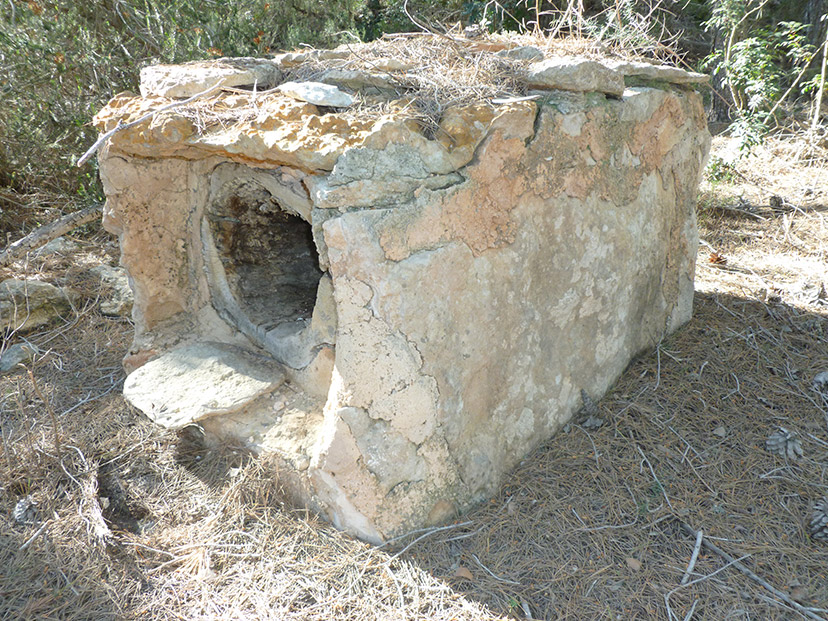One of Ibiza’s top-quality products is its honey, a delicacy that holds many secrets and benefits for health and the environment. And the fact is that the pollination process carried out by bees is essential for the maintenance of the natural ecosystem. Air quality, the care of the countryside and forests and the control of invasive species that endanger their existence are essential to ensure not only their survival but also the balance of the ecosystem and agriculture.
According to data from the Ibiza and Formentera Beekeepers’ Association, around 125 beekeepers are currently registered, and they produce an average of ten tonnes of honey per year, depending on the harvest and the weather conditions. On Ibiza, unlike other places, there are three harvests rather than two: the spring harvest (in which citrus plants such as orange and lemon trees predominate), the summer harvest (in which thyme and rosemary are the dominant flowers) and the autumn harvest (which is considered the “second spring” and in which carob tree blossom is the main source). Depending on the time of year in which the nectar is extracted, its viscosity, smell and colour will also vary, ranging from transparent golden to darker shades.
The Ibiza and Formentera Beekeepers’ Association was founded in 1989 with the aim of fighting one of the main parasites that was decimating bee colonies on the islands, the varroa mite. This association also promotes the development of beekeeping on the island, improves the training of beekeepers and raises awareness in society and institutions about the importance of bees in the development and conservation of the environment. In this vein, its members are currently distributing information leaflets in various languages to encourage beekeeping and to promote Ibiza’s honey. “Mel Certificada d’Eivissa” is the trademark covering all the island’s producers.
There are also 60 registered sites on the island and 600 old beehives which have been recovered and show what beekeeping was like up until 1980.
The use of natural honey in Ibiza’s kitchens is not limited to its use in desserts or other sweets, but extends to one of its culinary delights, the “salsa de Nadal” (“Christmas sauce”).
To learn more about the island’s honey and its history, schoolchildren in Ibiza can visit the Camp d´aprenetatge de Sa Cala, which organises weekly excursions for the island’s schools. Meanwhile, the Salewskime beekeeping company offers the possibility of booking visits to their beehives in small groups and various languages, where they explain the importance of these insects for nature and conclude the tour with a tasting session.



